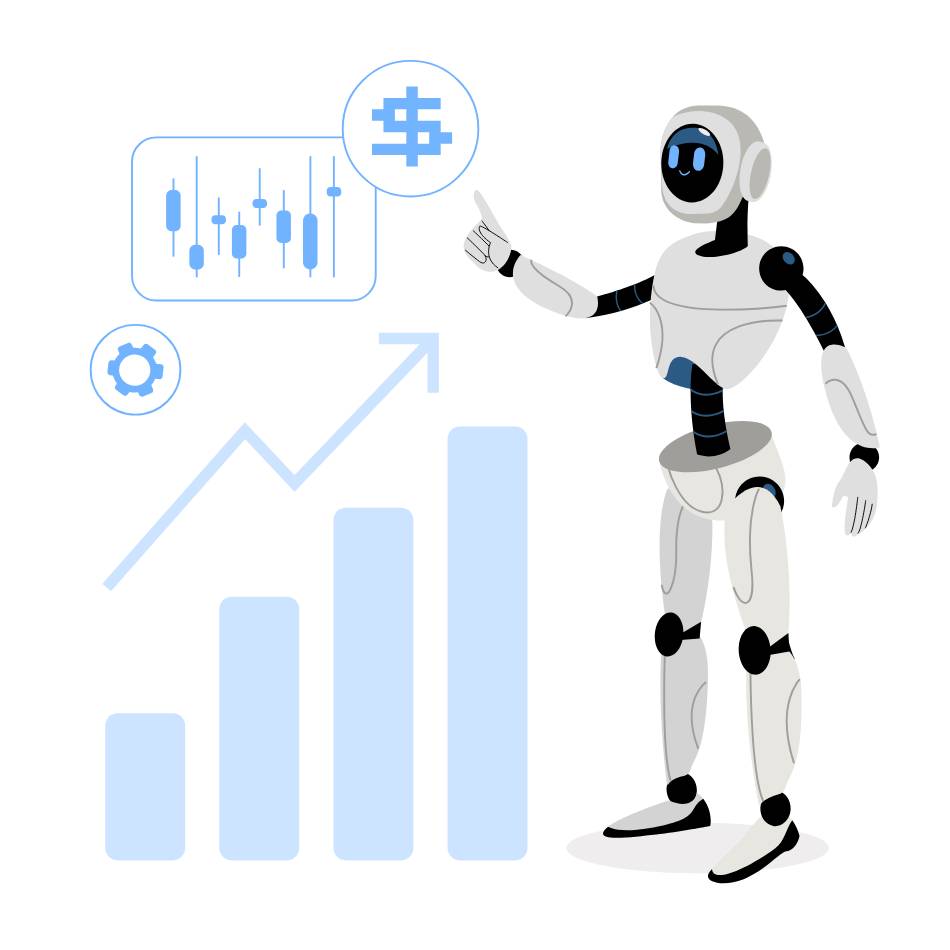Artificial Intelligence In Sales: Increasing Conversion With Smart Assistants
Sales is no different as artificial intelligence keeps changing how companies run. For sales teams, smart assistants are proven to be quite helpful in simplifying procedures, improving customer involvement, and—above all—increasing conversion drive. The function of AI-driven smart assistants in sales will be discussed in this paper together with how sales teams may maximize their possibilities to increase success.
Appreciating AI’s Role in Sales
From a future idea, artificial intelligence is already a mainstay of contemporary sales plans. The promise of artificial intelligence for sales teams is in its capacity to rapidly analyze vast amounts of data, forecast consumer behavior, and simplify repetitive activities. These tools save time and let sales teams concentrate on their strongest suit—relationship building and deal closing.
Driven by artificial intelligence, smart assistants are rapidly bridging data and action in sales. From lead qualification to follow-up scheduling, they undertake a spectrum of chores traditionally time-consuming for salespeople. Sales teams may react faster to leads and direct their efforts where they are most useful by assigning these chores to artificial intelligence.
Using AI Smart Assistants to Improve Lead Qualification
Finding high-quality leads from less likely to convert leads is one of the toughest issues in sales. This process has always consisted in hand evaluations and follow-up, but artificial intelligence smart assistants streamline it by evaluating leads depending on several parameters. These assistants can rapidly qualify leads using machine learning algorithms, evaluating elements such past buying habits, engagement levels, and online activity.
An artificial intelligence smart assistant, for instance, can track visitor interactions with a brand’s website, assess their degree of interest, and decide whether they would be ready for a human sales agent’s chat. This focused strategy guarantees that sales teams concentrate on leads with the best possibility to convert and save important time.
Customized Customer Involvement: Serving the Modern Buyer’s Needs
Buyers of today want customized contacts. Customers respond best to customized experiences that relate to their own wants and interests; generic sales presentations are no longer appealing. By evaluating individual client data—such as purchasing behavior and past interactions—and using this information to deliver tailored messages, artificial intelligence smart assistants can greatly improve personalization.
A smart assistant might observe, for example, that a consumer routinely looks at a particular product category. This data allows the artificial intelligence to send tailored recommendations or special offers fit for the interests of the client. This customized strategy raises the possibility of conversion in addition to improving involvement.
Simplifying Following-Up and Communication
In sales, constant contact is essential; nevertheless, it is not always possible for sales teams to swiftly handle follow-up with each lead. Smart assistants are here to help to keep flawless communication free from adding to the job burden. Tools driven by artificial intelligence, such as Voxio, may automatically manage initial outreach, follow-up, and reminders, thereby guaranteeing no lead falls through the gaps.
AI assistants free sales people to concentrate on strategic elements of selling by handling regular chores including follow-up emails and scheduling. Furthermore, since artificial intelligence can run around-the-clock, companies may keep a continuous contact with possible customers even outside traditional business hours.
AI Driving Data-Driven Sales Strategies:
Sales success is about identifying trends and always improving strategy, not only about closing specific transactions. AI in sales gives teams strong data analytics, which helps them to identify patterns, grasp consumer behavior, and modify sales strategies in line. Smart assistants enable sales teams to choose which strategies are most successful by gathering and evaluating information from past contacts.
AI-driven insights, for instance, might highlight which follow-up times are most effective, what kinds of material appeal to particular consumer groups, and how conversion rates change depending on buyer profile. Sales teams can modify their plans using this knowledge, therefore increasing their conversions.
Future-Proofing Sales Teams Powered by Artificial Intelligence
The powers of smart assistants will grow along with artificial intelligence development. These instruments should become much more user-friendly in the not too distant future, providing ever more precise forecasts and deeper consumer insights. Companies who embrace artificial intelligence now and use platforms like Voxio to handle client contacts will be ready for these developments and will position their teams for further expansion.
Sales teams who embrace AI-driven solutions not only keep ahead of the curve but also position themselves for a time when tailored, data-backed sales interactions are the standard. For companies aiming at long-term profitability and consumer happiness, smart assistants are fast turning into indispensable tools.
From improved lead qualifying to tailored client interaction and data-driven initiatives, AI smart assistants are altering the sales scene with advantages. These instruments will only get more complex as technology develops, offering better insights and more effective processes. Sales teams can easily include AI-powered solutions into their current processes thanks to platforms like Voxio, therefore enabling companies to remain competitive in a fast changing environment. Early adoption of smart assistants can help sales teams to be proactive in reaching improved conversions, closer relationships with customers, and general sales success.


